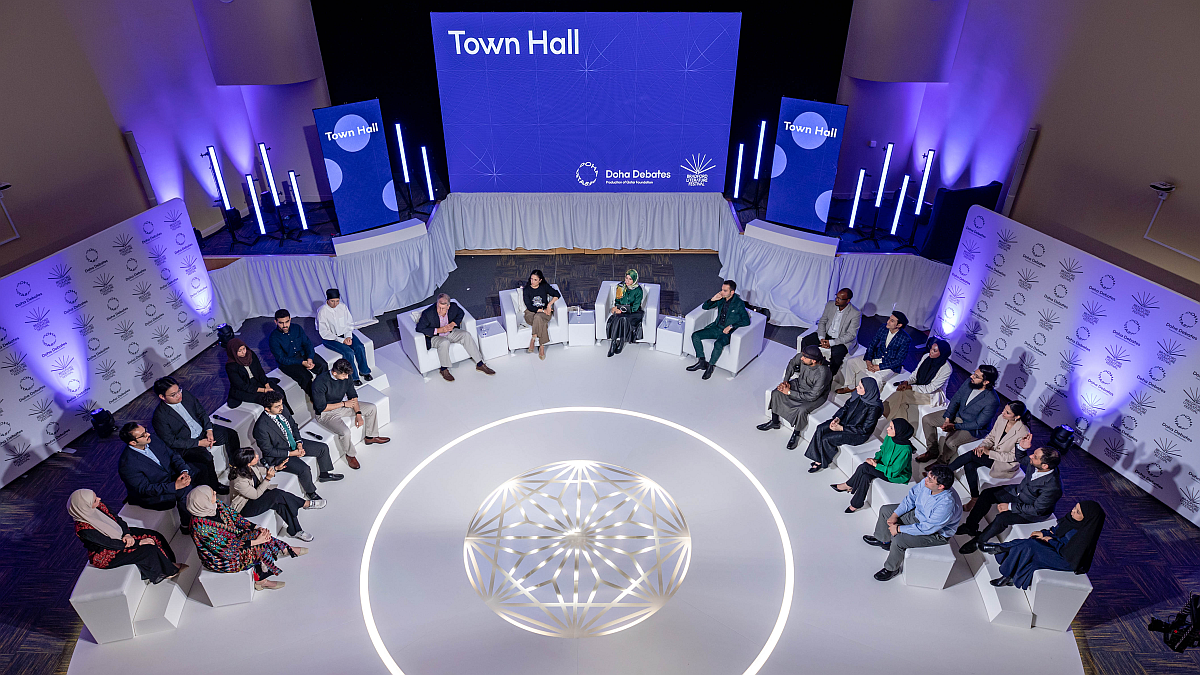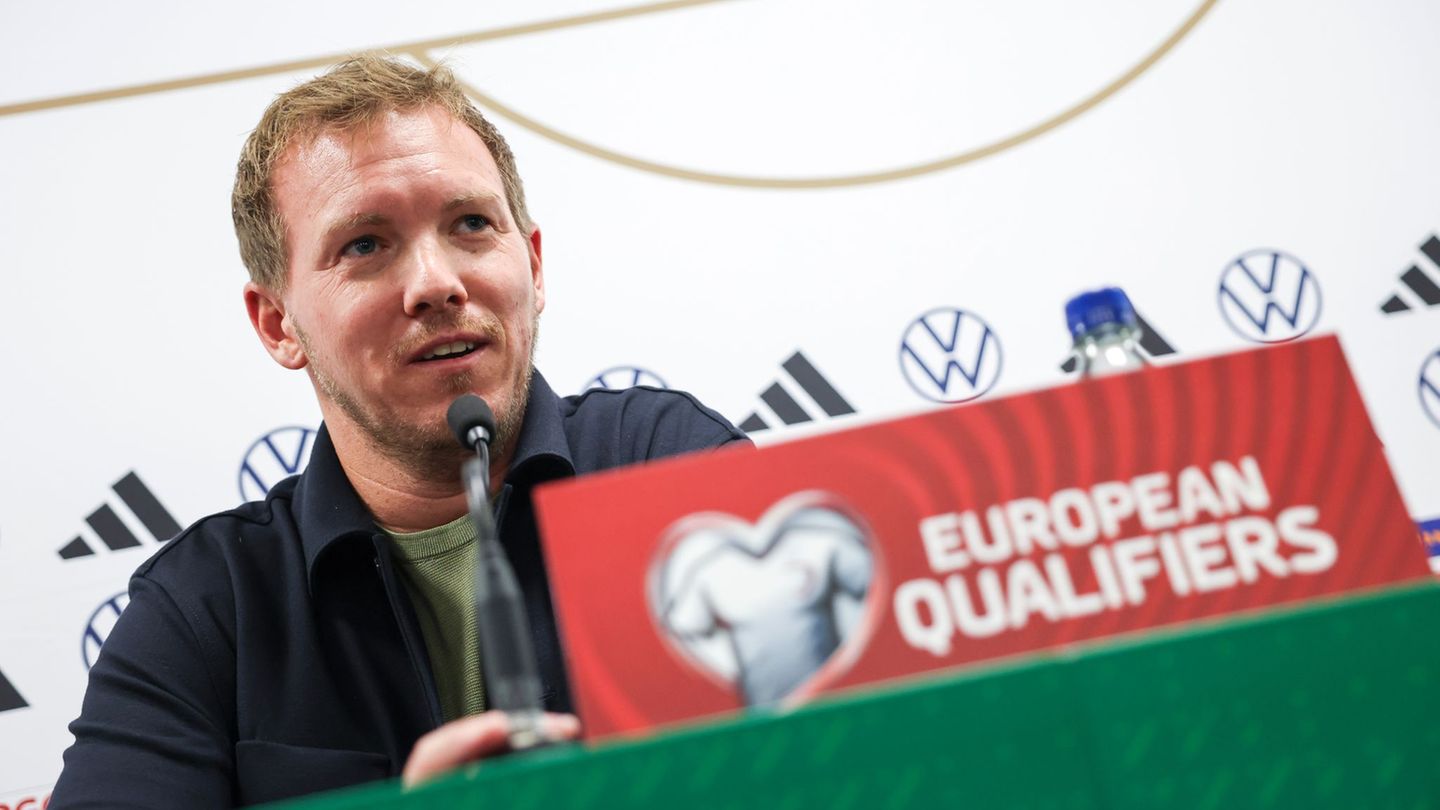When organizations think about attracting new profiles today, according to a recent AESC study, they look for collaborators with three skills: results orientation, emotional intelligence and client -centered.
Achieving business results are closely related to how well leaders understand and work with people. This balance of competencies illustrates how successful organizations need leaders who can effectively align the skills centered on people with the delivery of results and a strong focus on the client.
- Emotional Intelligence: Recognized as fundamental for effective leadership, emotional intelligence allows leaders to build solid relationships, understand the perspectives of others and communicate with impact.
- Customer focused: This competition emphasizes the importance of understanding and prioritizing customer needs and satisfaction, directly promoting business growth through active interaction with the market.
- In addition, in a world where technology, markets and needs of people evolve rapid The ability to manage efficiently in environments with little certainty. These skills are fundamental because they allow collaborators and organizations to adapt and prosper in an increasingly dynamic and complex environment.
Next, it is detailed why each of these qualities is key:
- Change open to change: The mentality open to change (Growth Mindset in English) focuses on understanding that capabilities are not natives, but can be developed. However ease that one has in any skill, the important thing is how one works on that capacity and takes care of perfecting it. In other words, Messi would not be Messi without his perseverance for being the best. Of course, Messi had a boy’s gift, but he developed and perfected it thanks to his focus, hours and hours of training, his ability to challenge himself constantly and how he prepares.
Continuous learning: Today we live in a world of constant and increasingly fast changes. Therefore, not to become obsolete, it is essential to keep one step in front of the trends. The need for more constant knowledge becomes creativity. If we do not open new doors and demand our brain to learn new things we are depriving ourselves of achieving new neuronal connections and constantly developing.
- Learn from error: Until recently, in almost all areas, the error was something that was punished. “There must always be a culprit” was a typical phrase in many organizations. Today, on the other hand, it is heard “if we are going to be wrong that it is fast and cheap.”
How can the capacity of each competition be transmitted? Being able to meet well is a great skill. The interviewee has to be able to imagine what things he needs to know about him/she to understand if he would be a good candidate to advance the interview process, and finally become the selected candidate. For that, my recommendation would be that everyone thinks in depth what examples could contribute for each of the six competitions and then arm a short storytelling. Many times the interviewers tend to ask that the interviewee make us a brief synthesis of ten or fifteen minutes where he counts on his job career. There would be the time to, with examples and without naming the competences so that it does not seem like a list of supermarket, tell things about itself that reflect their abilities.
Let us always remember that you have to prepare in depth for each interview:
- If you know what is the company to which you are running, study it in depth to understand where it comes from, its great achievements and challenges and where it goes.
Know about the person who is going to interview you, read your LinkedIn profile, google the person, look for points in common and imagine what questions could ask you.
- Go to the interview with a mentality of humility. It can happen that those candidates who are working in companies and are not in active search arrive at the interview, perhaps without realizing, with an attitude of “making me laugh” and that translates into superb and are discarded.
- Many times the initial interview is conducted by more junior people, who may not have much information about the process. They have told me about cases where, if they are consultants, they may not understand the entire role either. This does not have to be an obstacle. Always remember that this is the person who decides whether you advance to the next locker or if you get off the process.
- If during the interview you feel that the position or company of which they are talking to you does not cause you, that you do not notice. Always maintain an open mentality. It may happen that they interview you in the first instance for a role and then offer you something more in your profile. Or, even if it is not a process for you, you achieve a good link with the interviewer and leave the door open for another future opportunity.
- Be very clear about what your current remuneration is and what your aspiration would be, if they ask you. This avoids, in many cases, investing time in something that can not advance.
- Your goal is to get to the Hiring Manager. That is the person who is going to be your leader. From there it is everything much simpler.
In conclusion, preparing for the demands of the labor market of 2025 implies much more than simply meet technical requirements. It is an integral process that requires self -knowledge, adaptation capacity, and a proactive attitude towards learning and change. Show key competences such as results orientation, emotional intelligence and client focus, combined with skills such as continuous learning, open mentality and resilience in the face of uncertainty, it will make a difference.
Each interview is an opportunity to highlight these qualities and demonstrate how we can contribute value to the organization, but also to understand if that opportunity fits our personal and professional aspirations. Recall that good preparation not only brings us closer to the desired position, but also positions us as reliable and adaptable professionals in an environment as dynamic as the current one.
In short, professional success is not just about being chosen, but about choosing with intelligence and building a path that allows us to grow and transcend.
Specialist in Organizational Management and Behavior, RRHH Consultant
Source: Ambito
David William is a talented author who has made a name for himself in the world of writing. He is a professional author who writes on a wide range of topics, from general interest to opinion news. David is currently working as a writer at 24 hours worlds where he brings his unique perspective and in-depth research to his articles, making them both informative and engaging.




